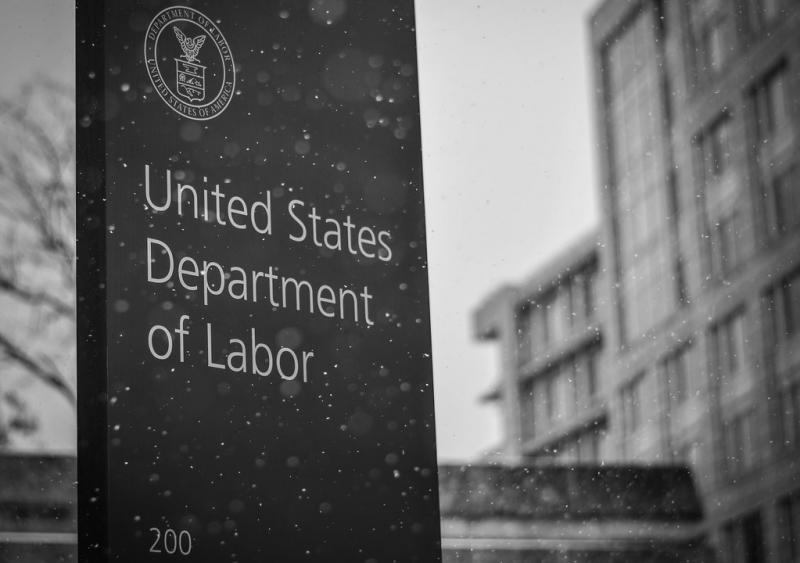
In a brief and concise federal regulatory notice, the Department of Labor (DOL) has signaled that they are aiming to prioritize the protection of independent contractor rights for the remainder of President Trump’s first term.
The notice reads, “The Department of Labor is proposing a regulation for determining independent contractor status under the Fair Labor Standards Act.” While seeming rather innocuous at first glance, the move comes at a time when the right of independent contractors to engage in work free from government intervention is under assault at all levels of government.
Under the current guidelines, there is no single federally limiting labor test on determining whether or not someone is an independent contractor or defined as an employee. Instead, there are 6 questions of ‘economic realities’ based on various U.S. Supreme Court rulings.
At the heart of concerns over the mere guidelines over the employment standard is the subjective interpretation opportunities across various administrations. In 2015, the DOL under the Obama administration issued an interpretation of the Fair Labor Standards Act (FLSA) which broadened the ‘economic realities’ factors to classify more Americans as employees for the purpose of federal wage regulations. However, Labor Secretary Alexander Acosta withdrew the interpretation in 2017. Under a future administration, another DOL could reinterpret the FLSA and reimpose the expanded definition of employment that would harm independent contractors and freelancers across the country. Formal regulatory rulemaking could avoid potentially harmful interpretive guidance in the future.
With over 13.8 million independent contractors in the United States, the right of employers and workers to engage in flexible work agreements is increasingly important to the overall success of the economy. Codifying this flexibility under FLSA would limit the potentially negative and costly consequences of rigid definitions of employment.
While the prior Labor Secretary announced the plans for a flexible, worker protection rule back in 2018, the July 1 notice from the DOL means that the administration would need to take swift action to finalize the rule into law before the end of 2020. A source that spoke to Ben Penn from Bloomberg Law confirmed that it is in fact one of the White House’s top regulatory priorities this year.
The administration will seek to “wrap up the rulemaking in the final months of President Donald Trump’s term” because “if a worker classification rule were to be proposed but not finalized and Trump doesn’t get re-elected, a new administration would easily be able to kill the effort. Or new DOL leaders inheriting the incomplete rule could finalize it by interpreting the term ‘employee’ much more broadly than Republican regulators envisioned.”
The DOL has not yet revealed the specifics of the rule; however, it is likely to be modeled after state laws protecting independent contractors and businesses. Kentucky, Utah, and Indiana have passed laws that clarify workers who find work through websites or apps are independent contractors as long as the company does not control their schedule nor prohibit them from working for other companies. The simple criteria of the State laws allow workers and businesses in the gig economy to freely work without the restrictive binary definition of worker classification that many states adhere to.
While the proposed change to the FLSA to create an actual rule benefitting both independent contractors and businesses is a step in the right direction, it is far from a save-all approach for independent contractors across the country.
Outside of the expected legal challenges and roadblocks that could slow or halt progress in the next six months, even if the Trump administration can fast track the rule before the end of the year, the Congressional Review Act (CRA) could be used to retract the worker protection rule. The CRA could allow a potential Democrat-controlled Congress to review and overturn any Trump rules and regulations through the passage of a simple majority joint resolution in the House and Senate.
Furthermore, the rule does not address growing state efforts to criminalize independent contracting. Through the FLSA, the proposed change would only address the issue of federal wage and hour law, while contractors in states like California that have imposed increased regulation would see no change in protections against overzealous state lawmakers and regulators. This means that it may still be necessary for federal law codifying the protections of workforce flexibility across the country.
The DOL is yet to reveal their proposed rule, but any effort to protect the thriving independent contracting sector of the economy should be applauded.

